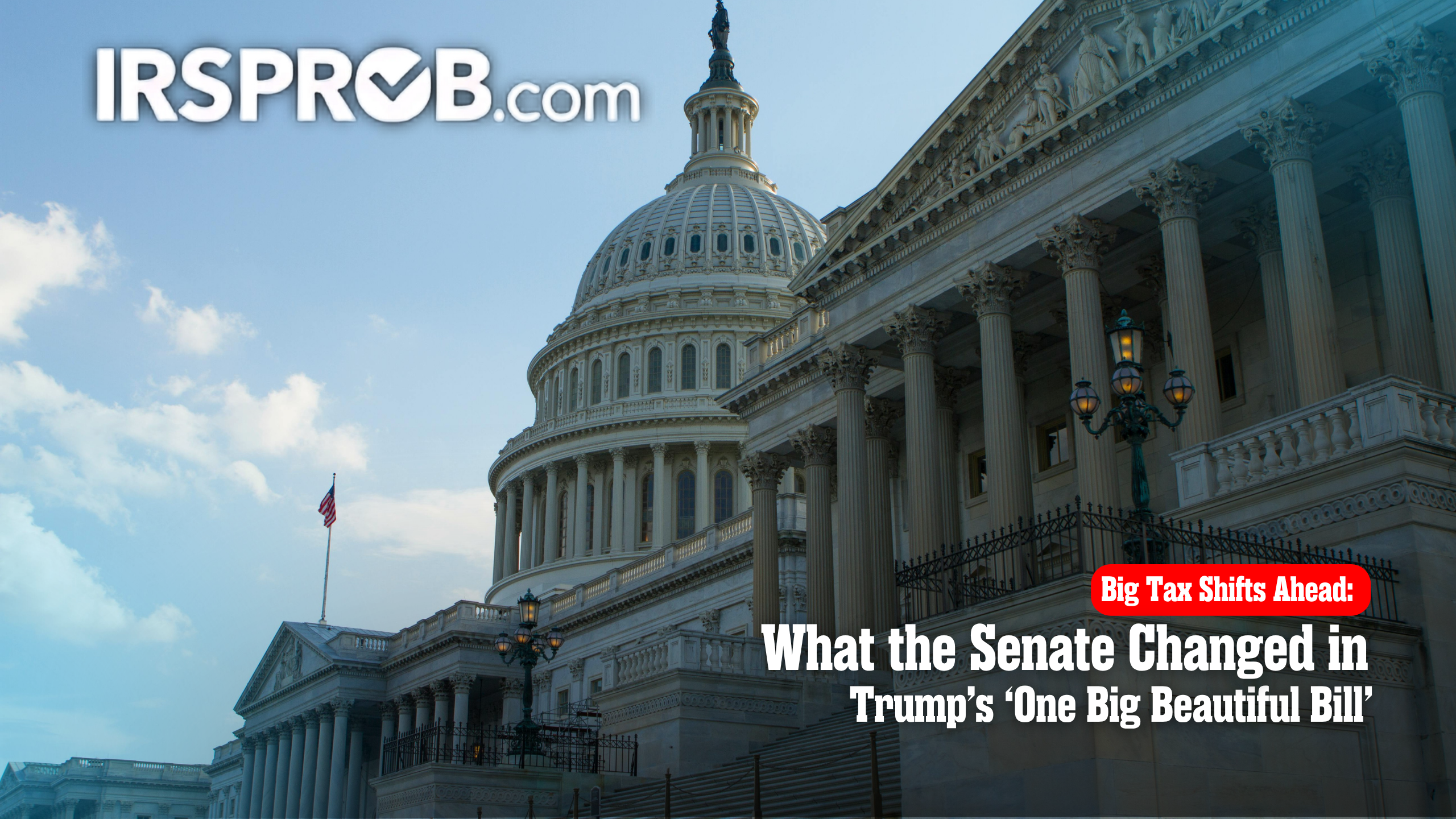[vc_row][vc_column][vc_column_text]Charitable deduction changes. The CARES Act makes four significant changes to the rules governing charitable deductions:
(1) Individuals will be able to claim a $300 above-the-line deduction for cash contributions made, generally, to public charities in 2020. This rule effectively allows a limited charitable deduction to taxpayers claiming the standard deduction.
(2) The limitation on charitable deductions for individuals that is generally 60% of modified adjusted gross income (the contribution base) doesn’t apply to cash contributions made, generally, to public charities in 2020 (qualifying contributions). Instead, an individual’s qualifying contributions, reduced by other contributions, can be as much as 100% of the contribution base. No connection between the contributions and COVID-19 activities is required.
(3) Similarly, the limitation on charitable deductions for corporations that is generally 10% of (modified) taxable income doesn’t apply to qualifying contributions made in 2020. Instead, a corporation’s qualifying contributions, reduced by other contributions, can be as much as 25% of (modified) taxable income. No connection between the contributions and COVID-19 activities is required.
(4) For contributions of food inventory made in 2020, the deduction limitation increases from 15% to 25% of taxable income for C corporations and, for other taxpayers, from 15% to 25% of the net aggregate income from all businesses from which the contributions were made.
Exclusion for employer payments of student loans. An employee currently may exclude $5,250 from income for benefits from an employer-sponsored educational assistance program. The CARES Act expands the definition of expenses qualifying for the exclusion to include employer payments of student loan debt made before January 1, 2021.
Break for remote care services provided by high deductible health plans. For plan years beginning before 2021, the CARES Act allows high deductible health plans to pay for expenses for tele-health and other remote services without regard to the deductible amount for the plan.
Break for nonprescription medical products. For amounts paid after December 31, 2019, the CARES Act allows amounts paid from Health Savings Accounts and Archer Medical Savings Accounts to be treated as paid for medical care even if they aren’t paid under a prescription. And, amounts paid for menstrual care products are treated as amounts paid for medical care. For reimbursements after December 31, 2019, the same rules apply to Flexible Spending Arrangements and Health Reimbursement Arrangements.[/vc_column_text][us_image image=”1351″][/vc_column][/vc_row]








